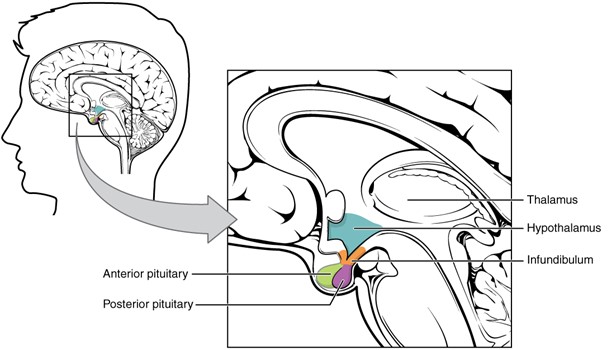One of the academic endocrine themes in CEDAM focuses on pituitary disease and is led by Professor Niki Karavitaki. It covers the areas of pathogenesis, diagnosis, management, and outcomes in pituitary disease, as well as the identification of biomarkers of diagnostic and prognostic significance with “omics” techniques”.
Our clinical and translational research is underpinned by the dynamic group of basic and clinical scientists and state-of-the-art facilities at the Department of Metabolism and Systems Science and the University of Birmingham, the Birmingham Health Partners Pituitary Team a multi-disciplinary group of experts (endocrinologists, surgeons, oncologists, neuro-ophthalmologists, neuroradiologists, neuropathologists, geneticists, clinical nurse specialists) providing clinical care in a catchment area of 5.6 million population and is further expanded through national and international collaborations facilitating a protagonist role in the pituitary landscape.

We have very active participation in relevant networks and societies promoting clinical and research excellence in hypothalamo-pituitary disease.
Training in the field is supported through the Academic Foundation, the NIHR Clinical Fellows and the Specialty Training programme.
We lead well recognised education/training courses (Birmingham International Pituitary Preceptorship meeting, Patient Pituitary Open Days, Patient and Family Members Steroid Education).